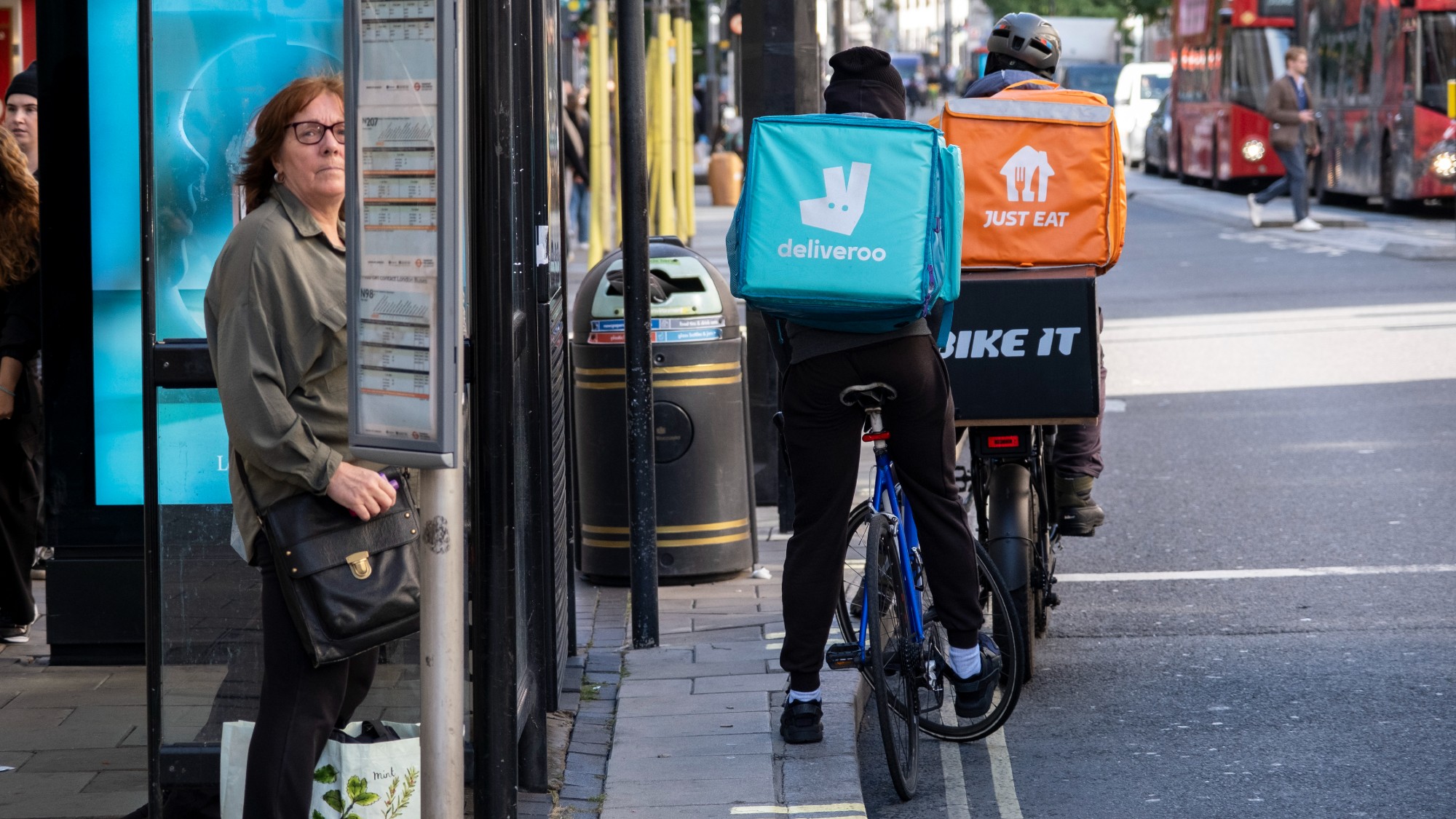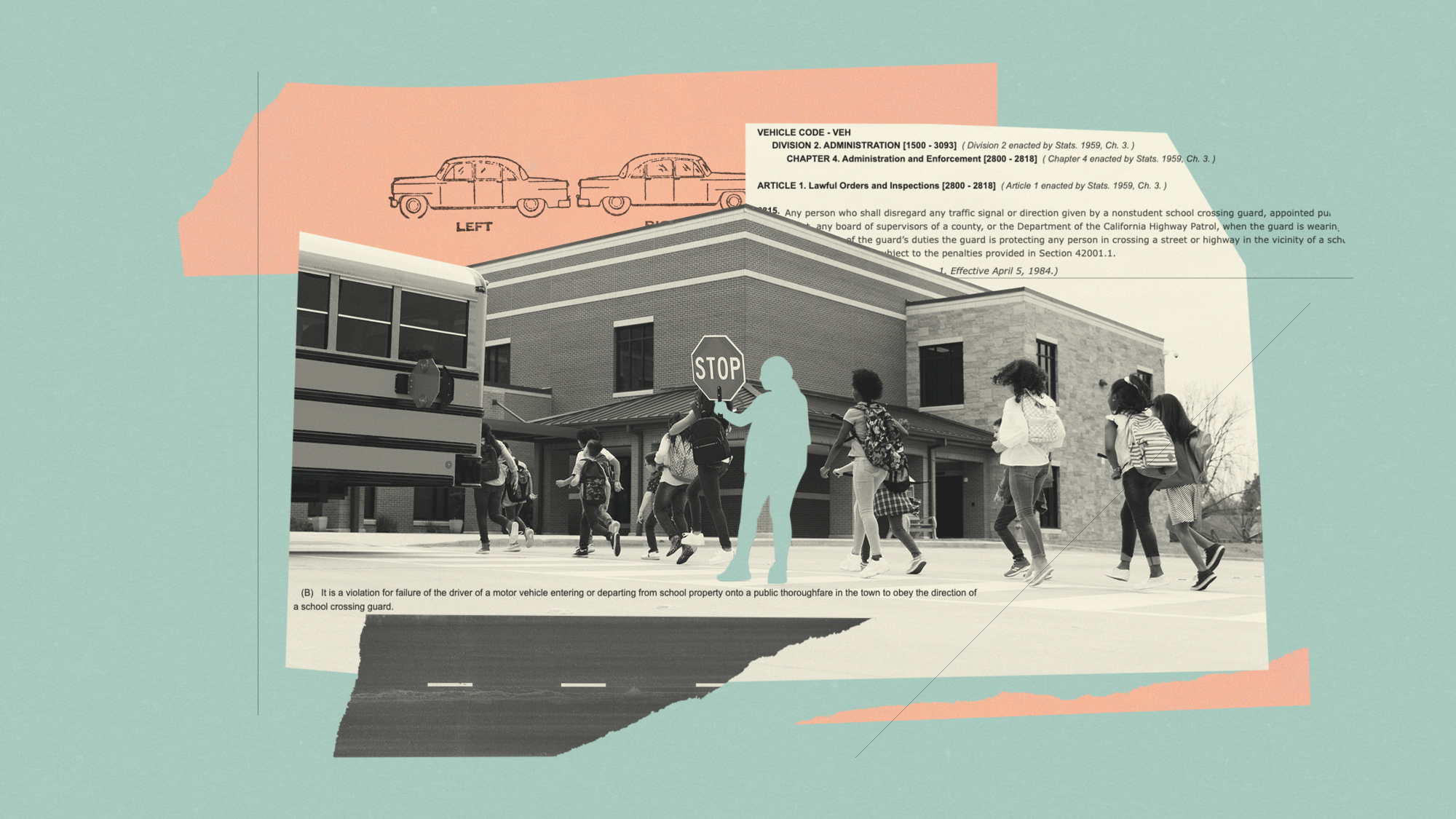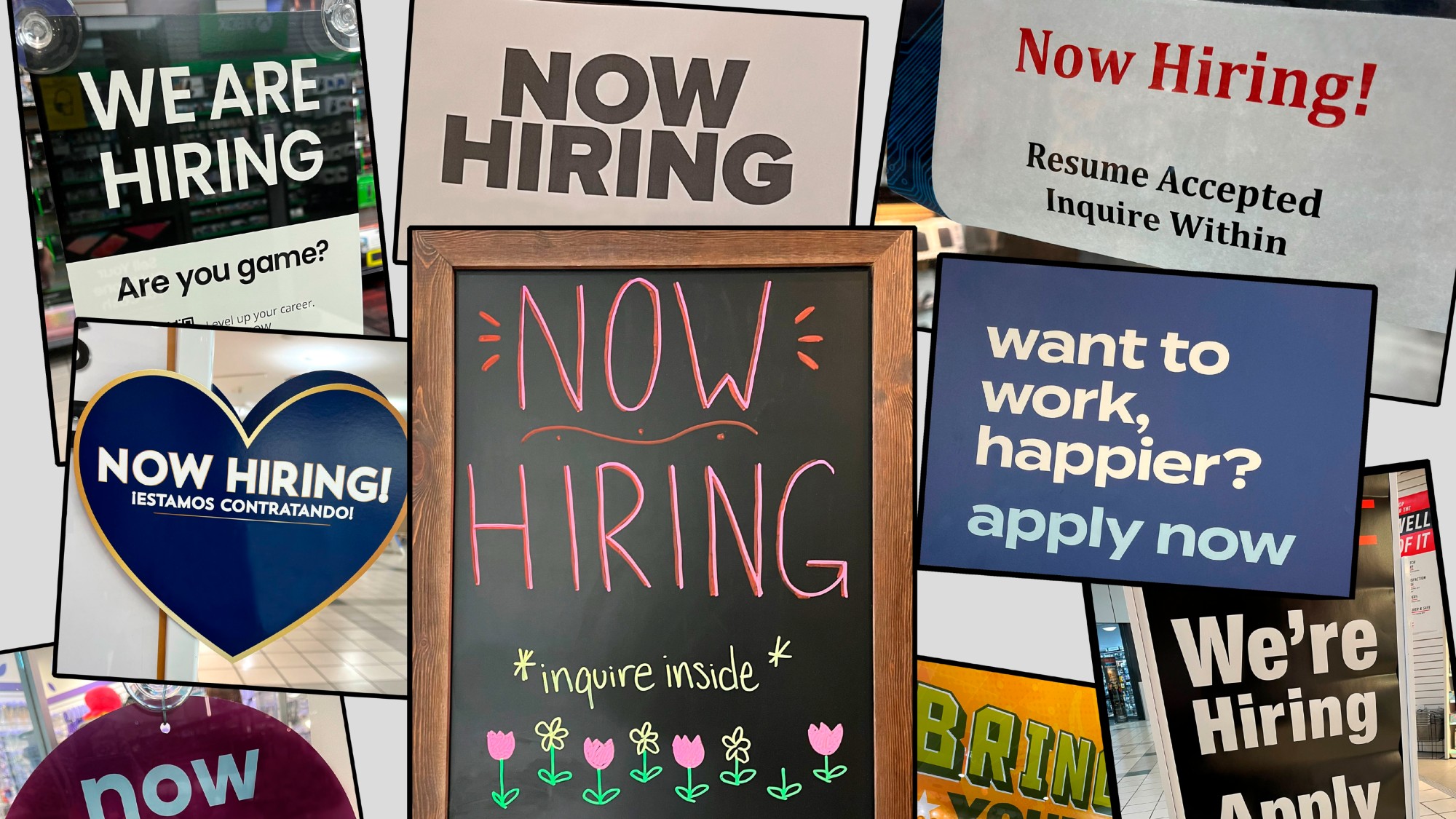How many people are working illegally in the UK?
Government vows 'nationwide blitz' on illicit workforce believed to number in the hundreds of thousands

A free daily email with the biggest news stories of the day – and the best features from TheWeek.com
You are now subscribed
Your newsletter sign-up was successful
The government has announced plans for a "nationwide blitz" on those working illegally in the UK.
With the number of people arriving in small boats from France up by more than 50% on the same period last year, the issue is "seen by ministers as an area of political vulnerability, one being exploited by Reform UK and the Conservatives", said The Guardian.
How many people are we talking about?
Accurately calculating the number of people living and working illegally in the UK is, not surprisingly, challenging.
The Week
Escape your echo chamber. Get the facts behind the news, plus analysis from multiple perspectives.

Sign up for The Week's Free Newsletters
From our morning news briefing to a weekly Good News Newsletter, get the best of The Week delivered directly to your inbox.
From our morning news briefing to a weekly Good News Newsletter, get the best of The Week delivered directly to your inbox.
The Home Office does not publish official estimates but residual modelling by the Pew Research Center puts the number of people living in the UK illegally between 800,000 and 1.2 million. That is "one in 100 of the population", Conservative peer Baroness McIntosh told a migration debate in the House of Lords last year – "more than in any other European country".
In the last year, 7,130 people were arrested on suspicion of working illegally, according to the Home Office, an increase of 50% on the previous year.
Based on these figures, the best guess is that the UK's illicit workforce numbers in the hundreds of thousands at any one time.
How do they get work?
"On the face of it, Britain's rules appear as strict as those on the continent," said The Times. Migrants awaiting asylum cannot work for a year and even then only in a few specific sectors experiencing staffing shortages. All employers have to check their worker's documents and can be fined up to £60,000 if found to have employed someone illegally.
A free daily email with the biggest news stories of the day – and the best features from TheWeek.com
But Britain also has a much larger informal labour market than many other European countries. Rights to work checks only apply to employees, not for the self-employed or agency workers in the gig economy, which has experienced rapid growth in recent years.
There are reports that asylum seekers "can rent legitimate delivery-driver accounts within hours of arriving in the country – skipping employment legality checks", said Sky News. Such loopholes create an "incentive for those wanting to risk their lives coming to the UK illegally".
Sectors that rely on subcontracting and agency workers, like construction, care work and hospitality, are also believed to employ a large number of illegal workers.
What's being done?
The Home Office has said its crackdown will be a "major operation", based around "strategic, intel-driven" enforcement teams and focused on the gig economy, particularly on delivery riders.
At the same time, Uber Eats, Deliveroo and Just Eat have said they will increase the use of facial verification checks for riders after the shadow home secretary, Chris Philp, posted a widely shared video of delivery bikes packed together outside an asylum hotel near Heathrow.
The government could also adopt a stricter enforcement approach as seen on the continent. While raids on employers in the UK are mainly done in response to tip-offs, in France, for example, authorities conduct random inspections and stop people on the street or at train stations to request their papers.
Labour is also exploring the idea of introducing digital ID cards in the UK as a means of cracking down on illegal immigration. Britain and Ireland are the only European countries without an ID card system, and "critics argue" that that "has made it attractive to migrants as it is easier to live and work illegally", said The Times.
-
 The ‘ravenous’ demand for Cornish minerals
The ‘ravenous’ demand for Cornish mineralsUnder the Radar Growing need for critical minerals to power tech has intensified ‘appetite’ for lithium, which could be a ‘huge boon’ for local economy
-
 Why are election experts taking Trump’s midterm threats seriously?
Why are election experts taking Trump’s midterm threats seriously?IN THE SPOTLIGHT As the president muses about polling place deployments and a centralized electoral system aimed at one-party control, lawmakers are taking this administration at its word
-
 ‘Restaurateurs have become millionaires’
‘Restaurateurs have become millionaires’Instant Opinion Opinion, comment and editorials of the day
-
 Ski town strikers fight rising cost of living
Ski town strikers fight rising cost of livingThe Explainer Telluride is the latest ski resort experiencing a patroller strike
-
 Employees are branching out rather than moving up with career minimalism
Employees are branching out rather than moving up with career minimalismThe explainer From career ladder to lily pad
-
 Out of office: Microretirement is trending in the workplace
Out of office: Microretirement is trending in the workplaceThe explainer Long vacations are the new way to beat burnout
-
 Being a school crossing guard has become a deadly job
Being a school crossing guard has become a deadly jobUnder the Radar At least 230 crossing guards have been hit by cars over the last decade
-
 'Quiet vacationing': a secret revolt against workplace culture
'Quiet vacationing': a secret revolt against workplace cultureThe explainer You can be in two places at once
-
 Why 'faceless bots' are interviewing job hunters
Why 'faceless bots' are interviewing job huntersIn The Spotlight Artificial intelligence is taking over a crucial part of recruitment
-
 Champagne problems: migrant vineyard workers treated 'like slaves'
Champagne problems: migrant vineyard workers treated 'like slaves'Under the Radar Convictions spotlight the 'exploitation and misery' at the heart of the 'glamorous' industry
-
 What is 'career catfishing' and why are Gen Z doing it?
What is 'career catfishing' and why are Gen Z doing it?Under The Radar Successful job applicants are increasingly disappearing before their first day